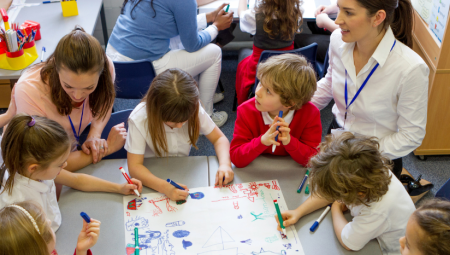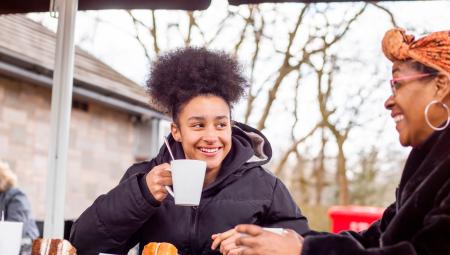Community engagement to drive evidence-driven local population health action underpins the theme approach. This is Phase 1 of an initiative which aimed to identify how established methods and approaches from elsewhere can be drawn on to inform the way in which we engage with communities.
Summary
As we develop our thematic work it is increasingly clear that we need to draw on others’ experiences to develop the most informed approach to deep whole community engagement. Our strategy needs to be co-developed with communities and diverse community groups, but our pre-strategy for this engagement in itself must be developed in an informed way. Working with the Inclusive Involvement in Research for Practice Led Health and Social Care theme we envisaged engaging with those from an academic background and lay participants in community engagement activities to get a broad range of perspectives.
To ensure we developed the most informed approaches within the East of England it seemed wise to bring together those from elsewhere who have great experience of such approaches, our local partners and our own theme teams. In this phase of the project, we learnt as much as we could from these leading researchers to inform how we reach out and into communities that works as well as possible. This included principles of working, case examples of how this has gone well and what has not, how to avoid multiple and unhelpful approaches and inadvertent disrespect between the different languages and perspectives of different community and research groups.
Project aims
The aim of this exercise was to collate information from experts and those with experience in Deep Community Co-working and Co-production (DCCC) to enable ARC East of England theme leads to learn from recognised exemplars of good practice outside the region. This will help facilitate cross-theme discussion on how established methods and approaches from elsewhere can be drawn on to inform ARC EoE activity.
Specific objectives were to
- Gather together information on established methods and approaches for DCCC
- Identify good practice and provide recognised exemplars as case studies
- Identify pitfalls, and approaches to timing
- Learn how researchers experience developing critical mutual respect in a systematic manner across diverse sectors of communities
- Identify particular methods or approaches that may be suitable to bring as suggestions to co-production with our collaborators in populations in focus
Researchers and Institutions
- Professor Carol Brayne, University of Cambridge
- Dr. Sowmiya Moorthie, University of Cambridge
- Dr. Louise Lafortune, University of Cambridge
- Dr. Sian Evans, Office for Health Improvement and Disparities
Contact
ARC Core Team, ARCOffice@cpft.nhs.uk
PEDS03





